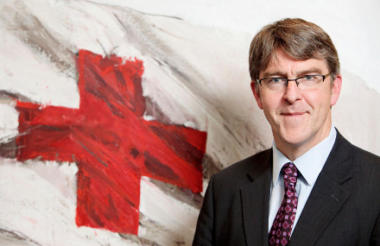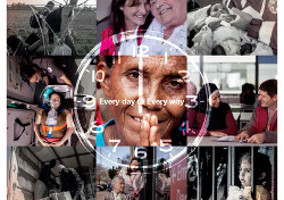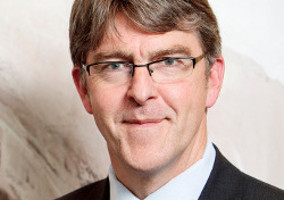Two-thirds of the public and more than half of existing donors do not believe that charities will only contact them if they have given explicit consent, according to unpublished survey data from NCVO.
Civil Society News has seen survey data captured by NCVO as part of research being conducted by its opt-in working group, which shows that public trust in charities to respect explicit consent is very low amongst both existing and potential donors.
Harris Interactive carried out a nationally representative survey of more than 1,000 people in July this year on behalf of NCVO's working group. Some 796 of respondents were currently donors, and 227 were not.
The survey found that just 41 per cent of existing donors believed that “most charities will only contact them if they have given explicit consent”. Trust amongst potential donors was even lower, with only 18 per cent of those surveyed saying they trusted charities with their data.
When taken together, the data showed that the best part of two thirds of the British public don’t trust charities to use their data properly.
Does the public want greater control of their data?
The survey also found that only 43 per cent of potential donor respondents said that their trust in charities would actually be increased if they were given more control over how their personal data was handled.
Some 70 per cent of existing donors said that greater control of personal data would increase in their overall trust in charities.
The impact of communications on trust was also surveyed. 49 per cent of existing donors said that they would trust a charity more if they took the decision to “only contact those who have given explicit consent to their fundraising communications”.
However just 33 per cent of potential donors said that they would trust a charity more under the same circumstances.
Mike Adamson: 'We will come up with clear and practical recommendations'
Civil Society News understands that the opt-in recommendations will encourage fundraising charities to aim to build personal relationships with existing donors; provide a working definition of ‘unambiguous consent’ across all fundraising channels; advise charities to take full responsibility of all third party fundraising, and suggest a mandatory time period in which fundraising organisations should seek to refresh consent with existing donors.
Commenting on the survey data, Mike Adamson, chief executive of British Red Cross and chair of the working group (pictured), said: “There’s a lack of faith among the public in how charities will treat their data. We need to address that now to ensure that the public can trust charities in the long run.
“The good-practice guidelines we are working on are intended as a helpful tool for charities. There are a number of very intricate issues in existing and forthcoming data protection law. We’re taking the time to untangle the legal and regulatory picture to come up with clear and practical recommendations.
“The working group consists of a range of senior leaders from charities in both fundraising and non-fundraising roles, along with an experienced data protection lawyer.
"We’ve listened to lots of feedback, including from a reference group with representatives of more than fifty charities of a range of sizes, as well as undertaking survey work to understand public expectations of how charities will treat their data.”
Liz Tait, director of fundraising at Battersea Dogs & Cats Home and member of the working group, said: “This is a complex area for fundraisers.
"Our priority is of course to help ensure charities are best placed to understand and follow legal requirements, so these recommendations will be designed to support charities in their genuine efforts to act in line with their supporters’ expectations.”
An NCVO spokesman said that the recommendations would be published in full at the end of September.
Related Articles












